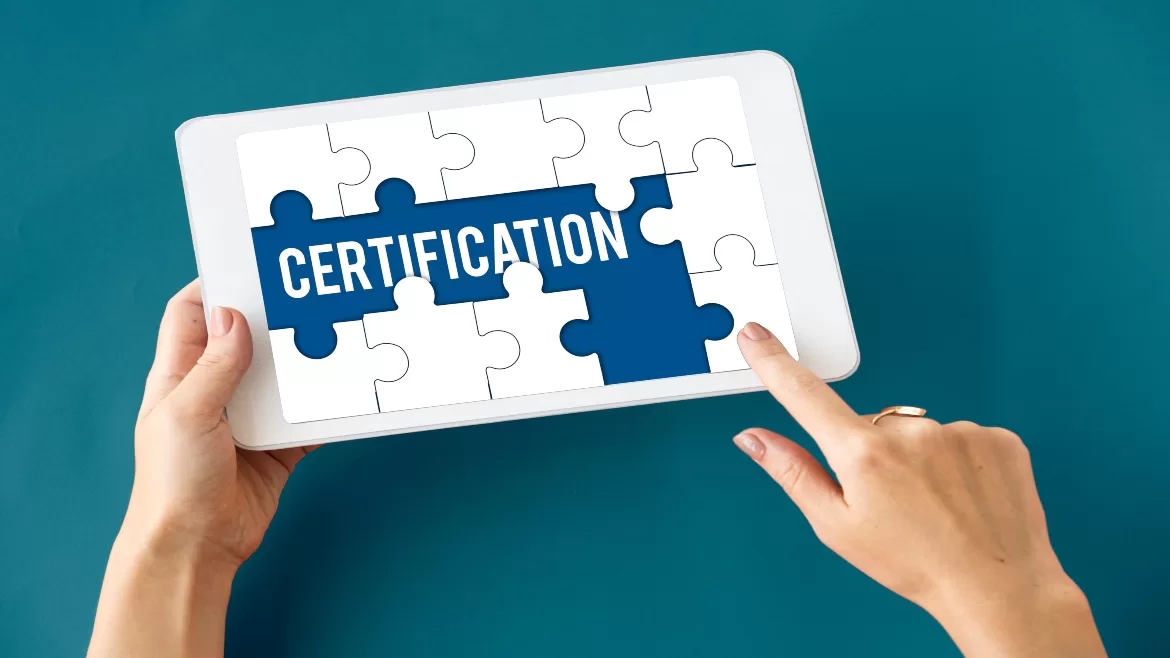- If you’re a caregiver for children, be it as a parent, babysitter, guardian, or healthcare professional working with young ones, chances are you’re always ready to ensure their safety. That’s probably why you’re wondering about Advanced Cardiovascular Life Support (ACLS) certification options.
ACLS certification is not limited to the health sector; ACLS skills are important in everyday life, especially when you are responsible for children. This guide is written to help you find the best ACLS certification options as a child caregiver.

Different formats of ACLS certification training program
ACLS certification options have three different classroom formats. Each caters to different needs and learning preferences.
1. In-person training program
- The traditional in-person ACLS certification class involves attending a physical class where you’ll receive hands-on training from certified instructors.
- This ACLS certification option is ideal for those who learn best in a classroom setting and prefer direct interaction with instructors and peers.
2. Online training program
- If you prefer learning at your own pace or have a tight schedule, this is the best ACLS certification option for you.
- Online classrooms offer flexibility in terms of time and location. You can access the course material anytime and anywhere.
- Some online programs provide virtual simulation scenarios for practical learning.
3. Hybrid training program
- Blended learning combines both online and in-person training.
- This approach allows you to complete the theoretical part of the course online at your convenience, followed by a hands-on skills session in person.
- Hybrid training boasts a balance of flexibility and practical experience.
Best practices for selecting the most suitable ACLS for a child caregiver
With many ACLS certification options, getting certified can appear daunting and confusing. However, consideration of several key factors can help your decision-making process. Here are some helpful tips to guide your selection and help you identify the ACLS certification option best suited to your requirements.
1. Course curriculum
-
- The course should cover all the necessary topics. This includes pediatric advanced life support, cardiac emergencies, and automated external defibrillator (AED) usage.
- A comprehensive course should also include hands-on training to test your theoretical knowledge in real-life scenarios.
2. Delivery method of the program
-
- Some prefer in-person classrooms, while others find online or blended learning more convenient. You can go over the above section again to choose between the three learning models: in-person, online, or hybrid training.
- Your choice of training delivery method should suit your learning style and schedule.
3. Learning duration
-
- Next, consider the program’s duration and flexibility.
- Some programs may be intensive and require a longer time commitment.
- Other programs may be more flexible and not subject to a fixed schedule. With this option, you can complete the course at your own pace.
4. Cost of certification
-
- While investing in quality training is essential, you should also ensure that the program is affordable and offers value for money.
- Some programs may offer financial aid or structured payment schemes to lessen the financial burden of certifying in ACLS.
5. Adequate practical training
-
- Look for an ACLS certification option that offers sufficient practical training.
- ACLS is a hands-on discipline. It’s important to have the opportunity to practice the theoretical skills you’re learning in a practical simulation.
- Practice could be through simulation scenarios, mannequin practices, or supervised clinical experiences.
Extra consideration for ACLS Certification for child caregivers
Advanced training like an ACLS can be incredibly valuable when caring for children, particularly in a medical or health-related scenario. When deciding on your ACLS certification options, choose age-specific training. The certification program can affect your care for different age groups. Children of various ages have different physiological responses to cardiac emergencies.
- Since you’ll be caring for children, the course must cover pediatric emergencies. You must know the differences between managing cardiac arrest in children and infants.
- Choosing an ACLS certification option that provides specialized training for the specific age group of children you care for. This can enhance your ability to respond effectively in emergencies. A program emphasizing neonatal resuscitation techniques would benefit you if you were an infant caregiver.
You need to decide on different treatment approaches for different age groups of children. Infants and toddlers might need extra care compared to school-aged children or adolescents.
Conclusion
Choosing the right ACLS certification options is key for you as a child caregiver. Choose a tailored course to meet the specific needs of different age groups.
Understand your particular requirements and explore your options. You are now able to make an informed decision to ensure you select the best ACLS certification option. Get certified today and give the best you can to the ones under your care for their well-being and safety.
